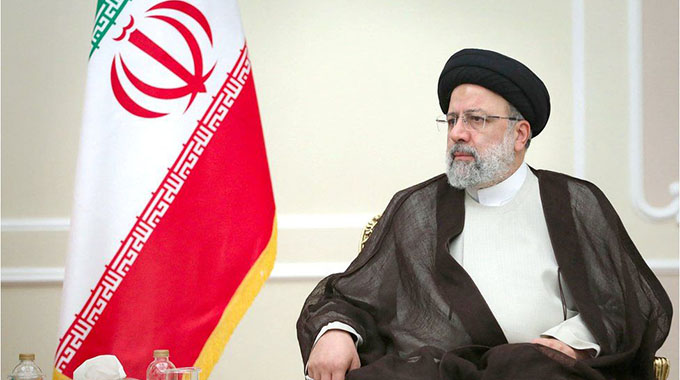Brazil votes in tight presidential runoff


Presidential candidates Aecio Neves of Brazilian Social Democratic Party (PSDB) and Dilma Rousseff of Workers Party (PT) pose before a television debate in Rio de Janeiro October 24, 2014.
BRASILIA. — Brazilians voted yesterday in a bitterly-contested election that pits a leftist president with strong support among the poor against a centrist senator who is promising pro-business policies to jump-start a stagnant economy. Final polls on the eve of the vote gave a slight edge to incumbent Dilma Rousseff, who is seeking a second four-year term. Her Workers’ Party has held power for 12 years and leveraged an economic boom to expand social welfare programs and lift over 40 million people from poverty.
But many voters, especially upper-middle class and wealthy Brazilians, believe former state governor Aecio Neves offers a much-needed change of the guard for Latin America’s biggest economy. A decade of strong economic growth peaked at 7,5 percent in 2010 and has flagged since Rousseff took office.
Brazil’s most competitive presidential campaign in decades was also the most acrimonious in recent memory, dominated by negative advertising and a steady drum beat of corruption allegations.
The race looks like a choice between two camps — those who feel they are better off after more than a decade of Workers’ Party rule or those who believe Brazil is stuck in a rut.
“People have had enough . . . so we are looking for other parties and other solutions for our country,” said Marcelo Fernandes de Araujo, 45, a banker in Rio de Janeiro who voted for Neves.
Voting progressed smoothly at electronic polls across three time zones, from far-flung Amazon villages to Sao Paulo’s business district.
Casting a ballot is mandatory for everyone between the ages of 18 and 70 and more than 140 million are registered to vote. Rousseff (66), voted early in the southern city of Porto Alegre, where she lived and rose in the state bureaucracy in the 1990s. She has promised to deepen flagship welfare programs and to seek to restore growth with a new economic team. — Reuters.






Comments